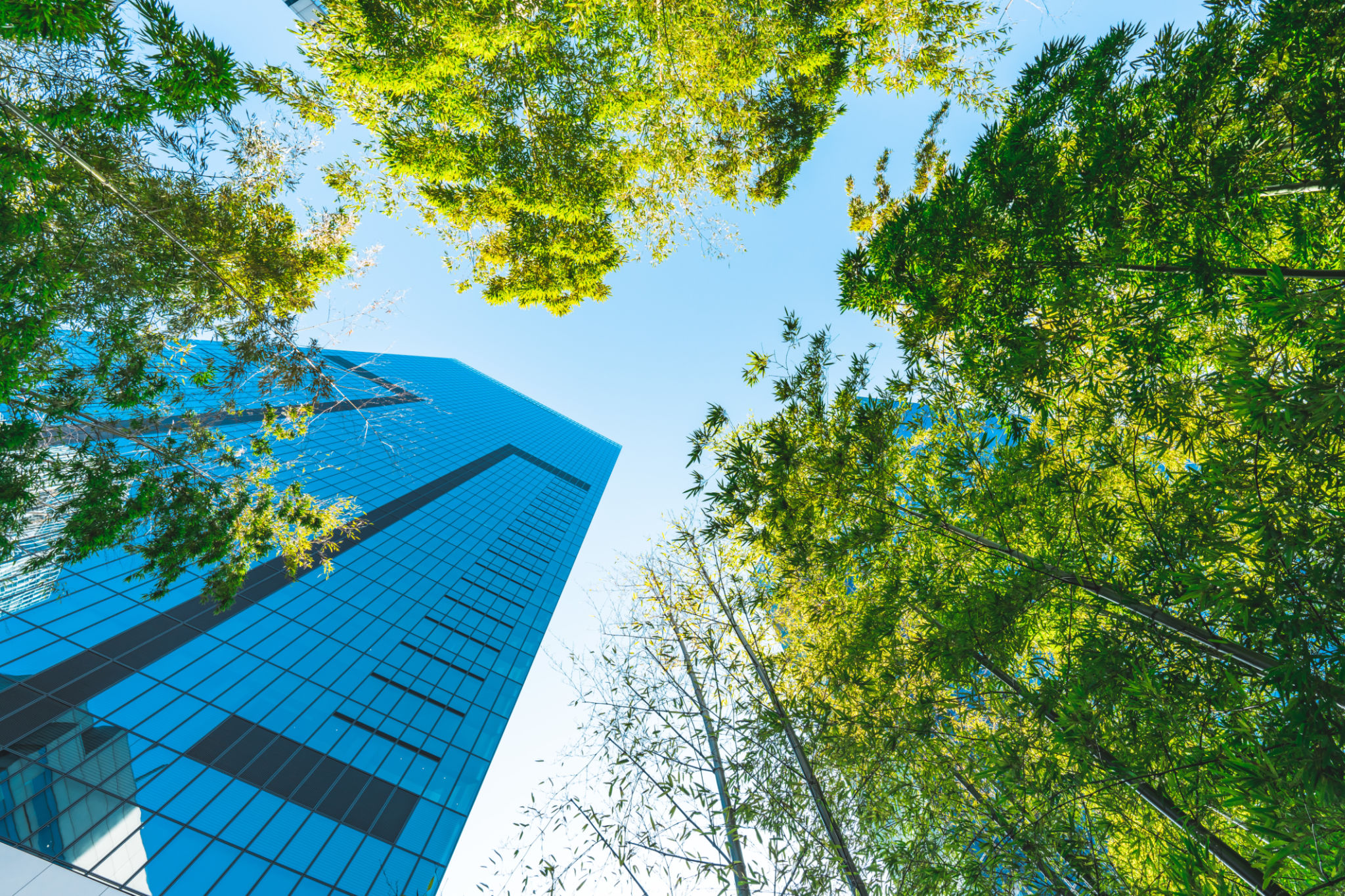Sustainable Real Estate Development: Eco-Friendly Practices and Benefits
EC
Understanding Sustainable Real Estate Development
Sustainable real estate development is rapidly gaining traction as a vital component of the construction industry. This approach focuses on minimizing environmental impact while maximizing energy efficiency and occupant well-being. By integrating eco-friendly practices, developers can create buildings that are not only beneficial for the environment but also economically advantageous in the long run.
The core principle behind sustainable development is to meet present needs without compromising the ability of future generations to meet their own. This philosophy is becoming increasingly important as we face the challenges of climate change, resource depletion, and urbanization.

Key Eco-Friendly Practices in Real Estate
Energy Efficiency
One of the most significant aspects of sustainable development is enhancing energy efficiency. Developers are employing innovative technologies such as solar panels, wind turbines, and geothermal heating systems to reduce reliance on non-renewable energy sources. Buildings are also designed to incorporate natural light and ventilation, reducing the need for artificial lighting and air conditioning.
Water Conservation
Water conservation is another critical component of sustainable real estate practices. Low-flow fixtures, rainwater harvesting systems, and greywater recycling are examples of technologies that help minimize water usage and promote sustainability. By implementing these systems, developers can significantly reduce water wastage and contribute to water resource conservation.

Use of Sustainable Materials
Choosing sustainable materials is essential in reducing the environmental footprint of new constructions. Materials such as bamboo, reclaimed wood, and recycled steel are gaining popularity due to their durability and low environmental impact. Using these materials not only supports sustainability but also promotes healthier indoor environments by reducing exposure to harmful chemicals.
Benefits of Sustainable Real Estate Development
Environmental Benefits
The environmental benefits of sustainable development are numerous. By reducing energy consumption and resource use, sustainable buildings help decrease greenhouse gas emissions and mitigate climate change. They also improve air and water quality by minimizing pollution from construction activities.

Economic Advantages
Aside from environmental benefits, sustainable real estate development offers significant economic advantages. Energy-efficient buildings typically have lower operating costs due to reduced utility bills. Additionally, properties with green certifications often have higher resale values and can attract eco-conscious tenants willing to pay a premium for sustainable living spaces.
Social and Health Benefits
Sustainable buildings are designed with occupant well-being in mind. They often feature improved air quality, natural lighting, and noise reduction technologies that enhance comfort and productivity. These features not only contribute to a higher quality of life for occupants but can also lead to better health outcomes.
In conclusion, sustainable real estate development represents a forward-thinking approach that balances environmental, economic, and social priorities. By embracing eco-friendly practices, developers can create resilient communities that benefit both people and the planet.